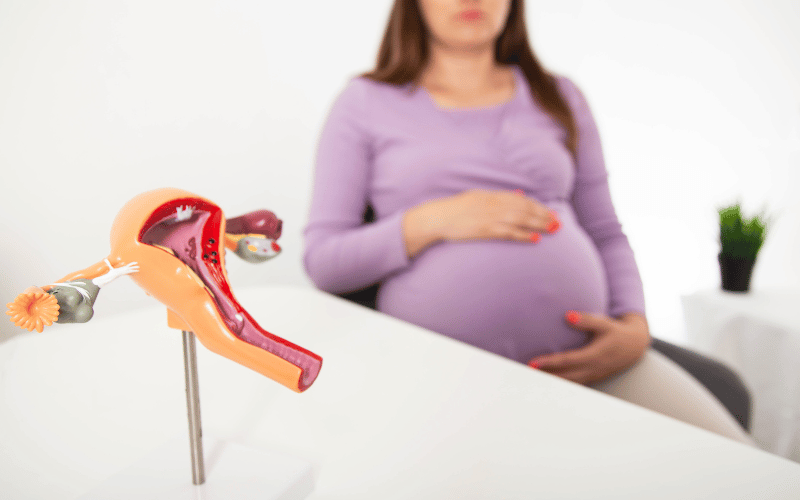Fact 12: Neonatal Concerns

The mere thought of a newborn being affected by the HSV-1 virus can send shivers down a parent’s spine. HSV exposure during childbirth, especially if the mother has an active genital herpes outbreak, is a significant concern. The intricate process of birth, which is usually a cause for celebration, can become a potential transmission channel for the virus. It’s alarming how an infant’s first contact with the outside world can inadvertently expose them to such a debilitating virus. Neonatal herpes, though rare, can lead to severe complications, including long-term neurological issues, or even prove fatal.
An infant, with their still-developing immune system, may not exhibit the standard cold sore symptoms seen in adults. Instead, they might show a range of symptoms that might be easy to misinterpret. Infants can exhibit high irritability, refuse to feed, or even showcase a sluggish response. More alarming signs could include rashes, fever, and in worst-case scenarios, seizures. The subtlety of these symptoms necessitates keen observation and prompt medical intervention. Early diagnosis can significantly alter the course of treatment and the baby’s health outcome.
The miracle of birth is a delicate process. If a pregnant woman has an active genital herpes outbreak close to her delivery date, doctors often lean towards recommending a cesarean section. This surgical intervention, while intrusive, minimizes the baby’s contact with the virus, especially if it’s present in the birth canal. It’s a classic case of choosing the lesser evil. While C-sections come with their own set of challenges and recovery timelines, they are a beacon of hope in ensuring the newborn’s safety in the context of HSV.
The power of information can’t be stressed enough when it comes to expecting mothers and HSV. Prenatal programs and sessions must lay significant emphasis on educating mothers-to-be about the risks of HSV. The more informed a mother is, the better she can make choices, not just for herself but also for her unborn child. Discussing one’s medical history, understanding potential transmission risks, and constantly seeking guidance can lay the foundation for a healthy pregnancy and childbirth.
The postpartum period, while a time for the mother and child to bond, is also a phase requiring heightened vigilance if the mother has a history of herpes. The virus, ever so sneaky, can find ways to affect the newborn. Simple acts like kissing the baby can become potential transmission events. It’s a delicate balancing act, where mothers must intertwine the joys of motherhood with the prudence required to keep the virus at bay. Regular hygiene practices, coupled with constant medical guidance, can ensure the newborn’s safety during these crucial initial months. (12)